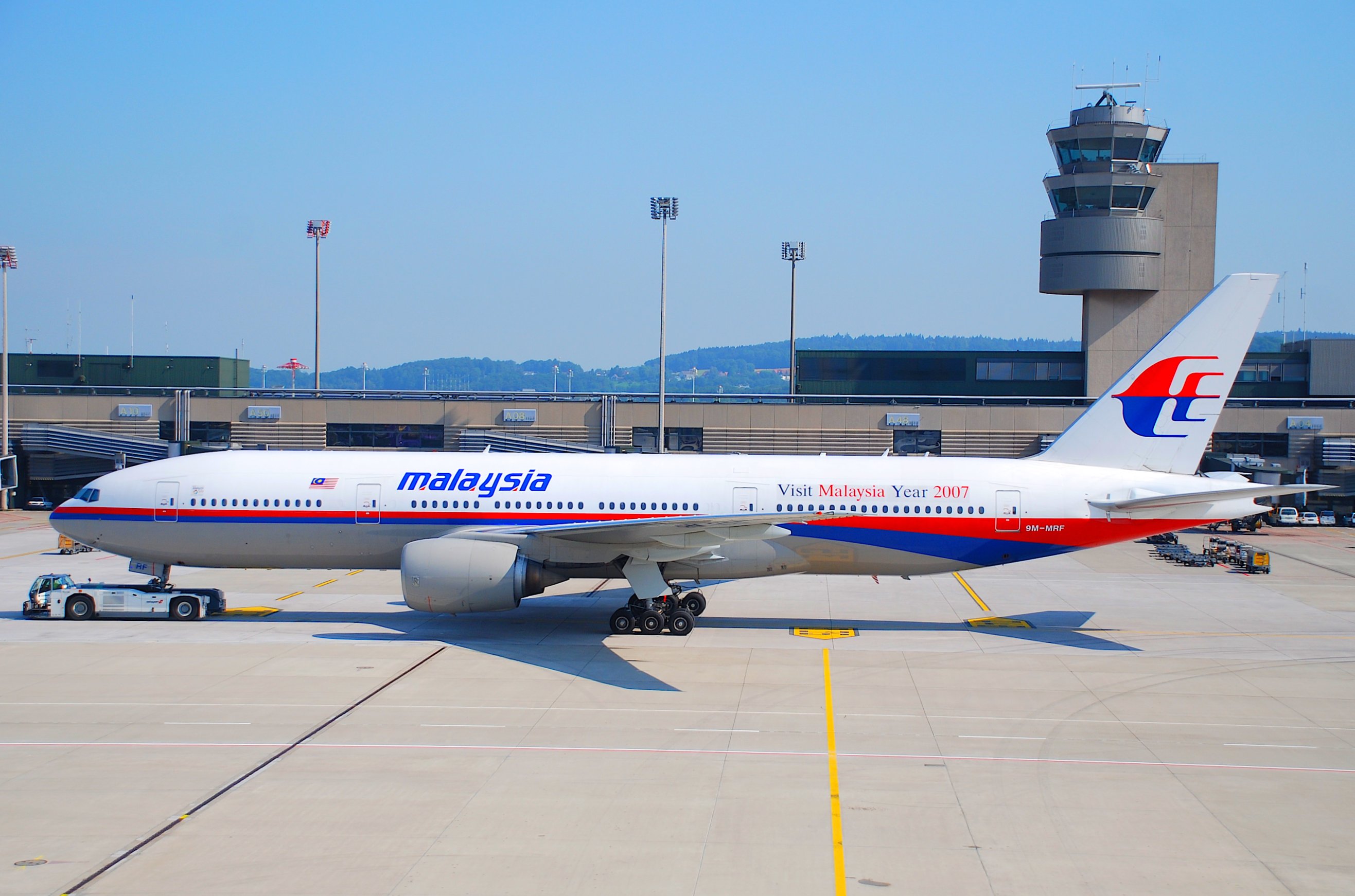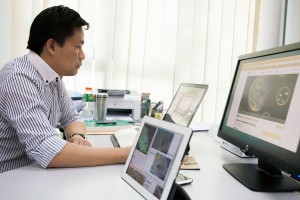
March 14, 2014, by Graham Kendall
Crowd sourcing helps search for missing plane
This is an extract from The Star Online.
‘The MH370-specific search was launched on March 10.
Also sifting through the images was Associate Prof Dr Tuong-Thuy Vu, geospatial researcher at the School of Geography the University of Nottingham, Malaysia.
“It’s actually very helpful when thousands of people work together to locate something,” he said in a phone interview.
He said not much expertise was required and the more people involved, the higher the probability of finding what was needed.
He said the satellite images he was looking at were from early hours of the morning on Sunday, March 9.
To his knowledge, this would be the biggest crowdsourced effort for search and rescue to date.
Prior to this, he had also been involved in disaster recovery efforts for Typhoon Haiyan in the Philippines in November last year.’
The full article can be read here.
In the above article, it refers to a phone interview. This was actually a BBC Radio Nottingham interview, where UNMC’s Yuong-Thuy Vu spoke about crowd sourcing efforts trying to locate the missing Malaysian Airlines plane (MH370). The interview starts at about 53m 50s.
The BBC Nottingham programme will be available for seven days after being broadcast but I am sure that a copy can be obtained should you miss that deadline.
You might also be intersted in the link to the University’s press release.


It’s one week since MH370 disappeared and I have not seen crowd sourcing helped anyway in locating debris. Perhaps it may work for natural disasters but not accidents.
There is a related article on TheConversation. https://theconversation.com/volunteers-and-algorithms-need-training-to-find-mh370-24364